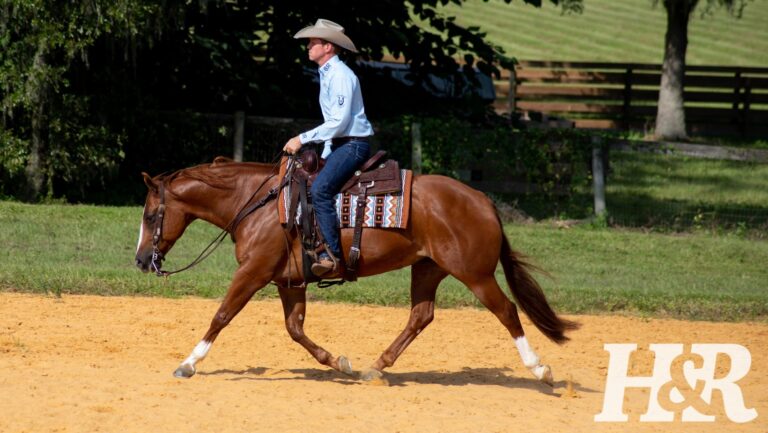To put it another way, if you’re not a naturally gifted rider, can you still achieve the highest levels of horsemanship—given enough of the right kind of practice?
At least one expert says yes.
His name is Anders Ericsson, author of Peak: Secrets from the New Science of Expertise. On a recent NPR “All Things Considered” segment, Ericsson said the power of practice has more to do with how far you go than your innate talent does.
How does he know that? Through decades of research into the matter. He points out that even Mozart—the poster boy for innate talent–likely benefited more from the right kind of practice than from his inborn musical ability.
Most people don’t know that Mozart’s father was a pioneer in designing effective ways of teaching music to children. Moreover, Mozart the senior worked with Mozart the junior from the time the boy was 3. Indeed, as Ericsson reveals in his book, he’s never found a convincing case of anyone, regardless of talent, developing extraordinary abilities without intense, extended practice.
And he even goes a step further. He believes the very notion of talent actually holds us back, because it gives us an excuse for failure—and a reason perhaps to quit before we expend the effort that would boost us to proficiency.
So what does this mean for you, or for your children who ride?
Most importantly, learn under an outstanding instructor. Here’s how Ericsson explained the importance of good coaching on the NPR segment: “Say you’re playing doubles in tennis. And you just miss a backhand volley. Now, the game will just keep on going and, if the same situation emerges a couple of hours later, you’re not likely to do much better.
“Now try a thought experiment–practicing with a coach. That coach allows you to stand by the net, ready to do your backhand volley–and then makes it increasingly more difficult. Eventually, he forces you to run up to the net to do it and then embed it in regular rallying.”
The payoff? “You can improve your performance more in those one or two hours with a coach than in five to 10 years of regular practice with your friends.”
One or two hours, versus five to 10 years. That’s a differential that gets your attention.
The right coach finds suitable increments of improvement for you, so you don’t overface yourself and become discouraged. He or she also helps you set reasonable expectations, and knows how and when to push you.
How do you go about finding this kind of coach? Ericsson recommends looking for someone who’s been successful teaching students like you (or your children) to achieve the level of proficiency you desire.
So if you want to excel in, say, team penning, find a trainer who’s helped riders like you succeed in that event.
Then, under his or her watchful eye, practice, practice, practice.
WANT MORE? OTHER USEFUL STUFF:
Invent fun variations on arena practice.
Practice vicariously by watching others.






